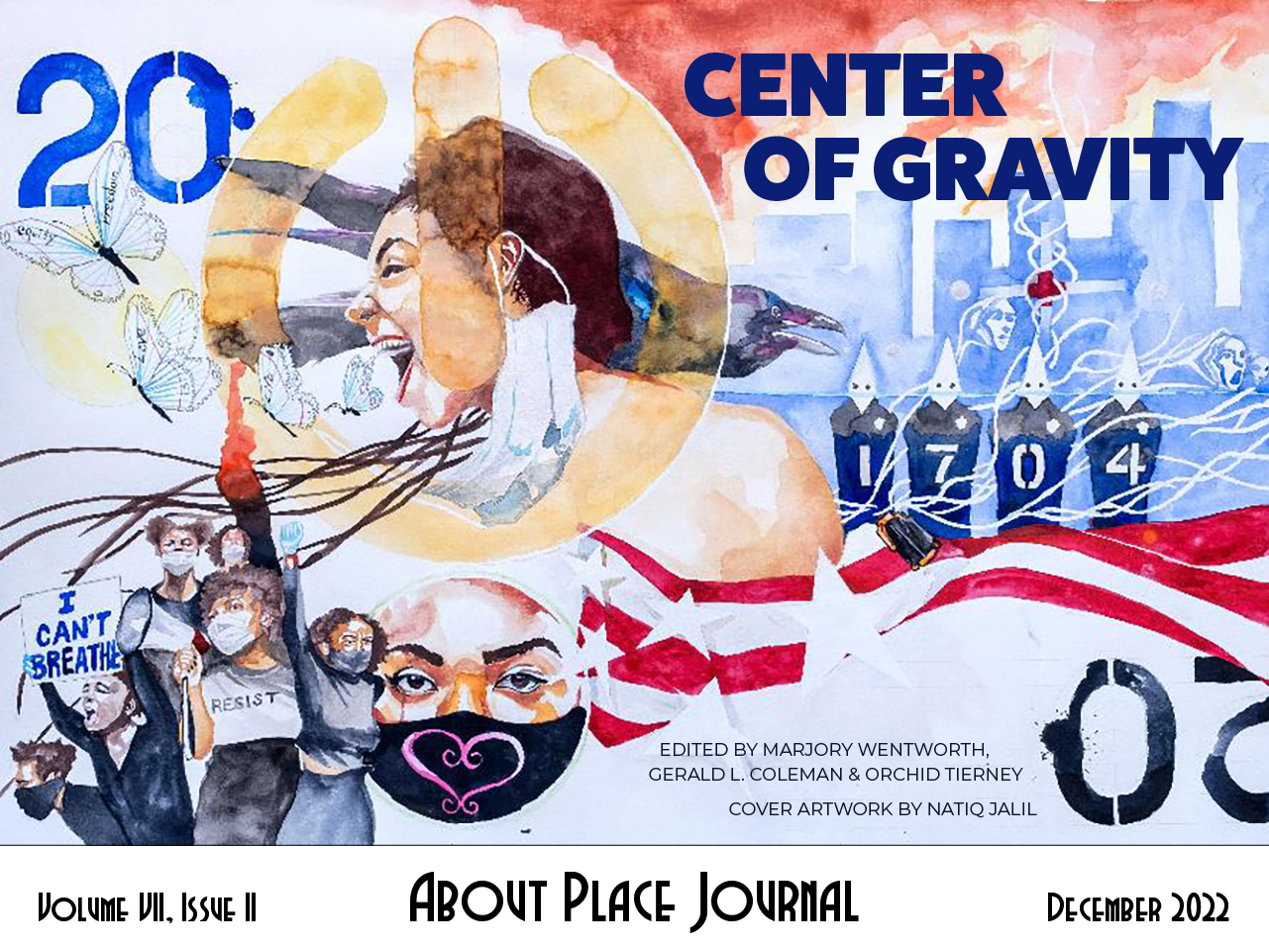Nobody wanted to be a Yankee when we played Civil War as children in the old, foggy forests of Virginia. Our two-story tree fort boasted a Confederate flag that my juvenile-delinquent neighbors had stolen from our middle school’s Virginia history display. Our town, Fairfax, was within spitting distance of Washington, D.C. but we paid little attention to the Yankees swarming the nearby nation’s capital. Our sights were set backwards on the blood-soaked memory of the famed Battle of Ox Hill, where so many Rebel martyrs were killed in 1862 during a Biblical thunderstorm right out of Revelations.
That intoxicating elixir of beloved, but Lost Cause and End Times sermons from our Southern Baptist preachers always held out hope that the South would rise again—and we, the Righteous, would be raptured up and away from the Tribulations, that deserved apocalypse awaiting sinners or those unchosen by God. In other words, everyone who was not us, who didn’t talk or look like us—white, Christian evangelicals.
The cause lost in the nineteenth century was to perpetuate slavery and violently defend against any occupying government. As Rebel children, we swore that we would never surrender or concede. Children, who suffer a loss, feel the keen pain of humiliation; it makes us angry, rebellious. We stamp our feet and demand that everyone acknowledge the Big Lie of our loss.
Enter a former president who childishly refuses to accept that he lost an election and then claims to be heir apparent to another passionate Rebel uprising. This former president (a born Yankee) spawned an insurrection with a rebellious private militia carrying Trump and Confederate flags into the capitol to stop the peaceful transfer of power. Trump-wannabes who ran in the 2022 midterm election echoed his refusal to accept defeat. The lost illusions of the Confederacy still haunt not only Southern true believers, but also many rural, beaten-down, demoralized states or citizens who long for the past and desperately fear they are losing the future.
Trump has fervent support from Southern states, especially a huge majority of white evangelicals. But as David Graham notes in “The United States of Confederate America,” many “white, rural Americans around the country have adopted the culture of white, rural southerners . . . they typically identify as evangelical Christian . . . this nostalgia has Confederate overtones.” That identification is why a Republican gubernatorial candidate, Dan Cox, in Maryland, a state that sided with the Union, proudly identified as a “true Confederate.”
Crusade-like zeal for Christian nationalism, as in the Civil War, still shouts out from pulpits every Sunday. Why not fight a holy war all over again in a new century when the demographic realities of a racially diverse and less religious America reveal the future belongs to everyone? According to the Washington Post, by 2070 we will be a country with “Christians of all ages shrinking from 65% to 54% and ‘nones’ [those affiliated with no religion] rising to between 34% and 52% of the U.S. population.” As Cornell Belcher, a Black pollster, notes: “The country is not getting whiter . . . it’s getting browner.”
Christian, white nationalists see themselves as the real minority, as the only ones with valid grievances. Forget the troubles of the indigenous peoples almost wiped out; forget the Muslims, Buddhists, Hindus, Jews, and yes, even Catholics, who don’t follow the anti-Christ cult of Trump. The true Tribulation for Christian nationalists is to be left behind here on an earth that is suffering climate change, a possible world war with Russia’s invasion of Ukraine, complex racial and gender issues. White evangelicals find themselves still on earth during these Tribulations, with all the rest of us “sinners” who have no belief in their pitiless evacuation plan for a divine ascension to heaven. There is no escaping the turmoil and grief we humans have created here on earth.
In our political body, grief has devolved into grievance. But anger is often a cover-up for much deeper sorrow. Mature grief is a response to what we are all losing. Grief and self-reflection require a wisdom that looks at our own accountability, not blaming the Other. Growing up and growing older asks us to learn from loss, not seek vengeance; to acknowledge defeat rather than scream Rebel Yells of the past.
This new century really is the End Times for white, Christian nationalists. The symbolism of Civil War has become emblematic of everything that Christian nationalists believe has gone wrong with our country. But eventually, a Trump-burdened Republican party and those who’ve long denied a 2020 defeat will again lose a general election, as they did in the midterms. Their power is diminishing just like the Confederacy. As Obama remarked in his mid-term campaigning in Georgia, a Southern state that went surprisingly blue in 2020: “What century are they living in?”
In the 2022 midterms, the prophesied “red wave” was simply a very low tide, certainly not the prophesied Biblical parting of the Red Sea. Many feared the vitriol and violence predicted by the Far Right would be more like a toxic red tide. But instead, on election night, Internet conspiracy theorists were “catatonic” with shock, then silence. As the long-respected Fox News election desk kept accurately calling the real results of Republican losses—not the usual nightly pablum of Far-Right opinion hosts—lies were very hard hit by facts. Some election deniers who lost in the 2022 midterms reluctantly admitted defeat, like Pennsylvania’s Doug Mastriano. But most election deniers, like Maryland’s Dan Cox (defeated by 20 points) have lost. Many have finally conceded—just the way we teach children to do when they lose at sports.
After these midterms, Trump is finally admitted by many on the Right as a lost cause. Will his fervent followers, as in the Bible, “give up childish things” of “alternative facts,” denial, and conspiracy? Can they graciously accept defeat rather than rebel against change that is inevitable and better for everyone in America?
A truly Christian candidate might embody the real Jesus and embrace a future faith in which God embraces every color and gender with love. Introspection and grief can be a deep antidote to the more superficial reflex of anger. Sorrow is more instructive than rebellion and denial. When we mourn and accept what we have lost, we begin to heal from the still open, festering wound of our country’s first civil war. We may even assure there is no second one.


